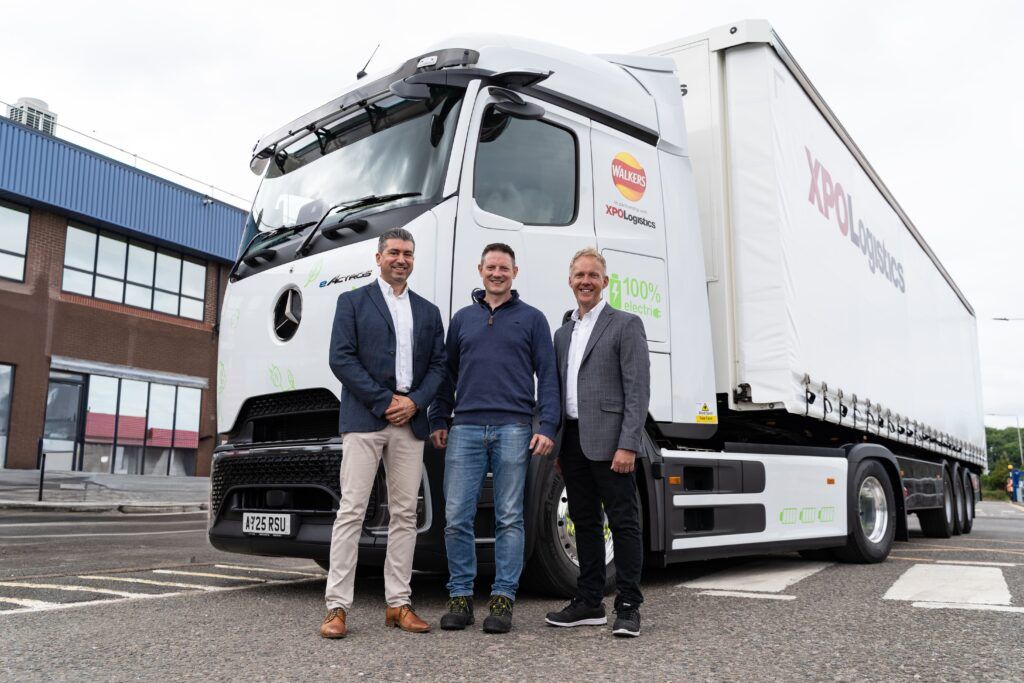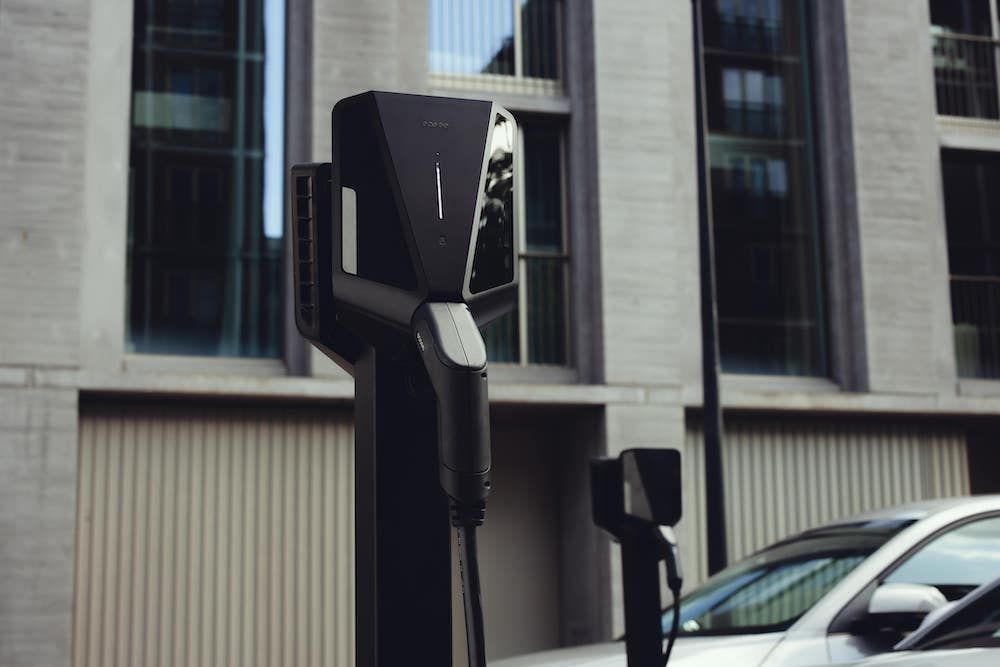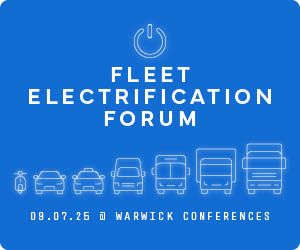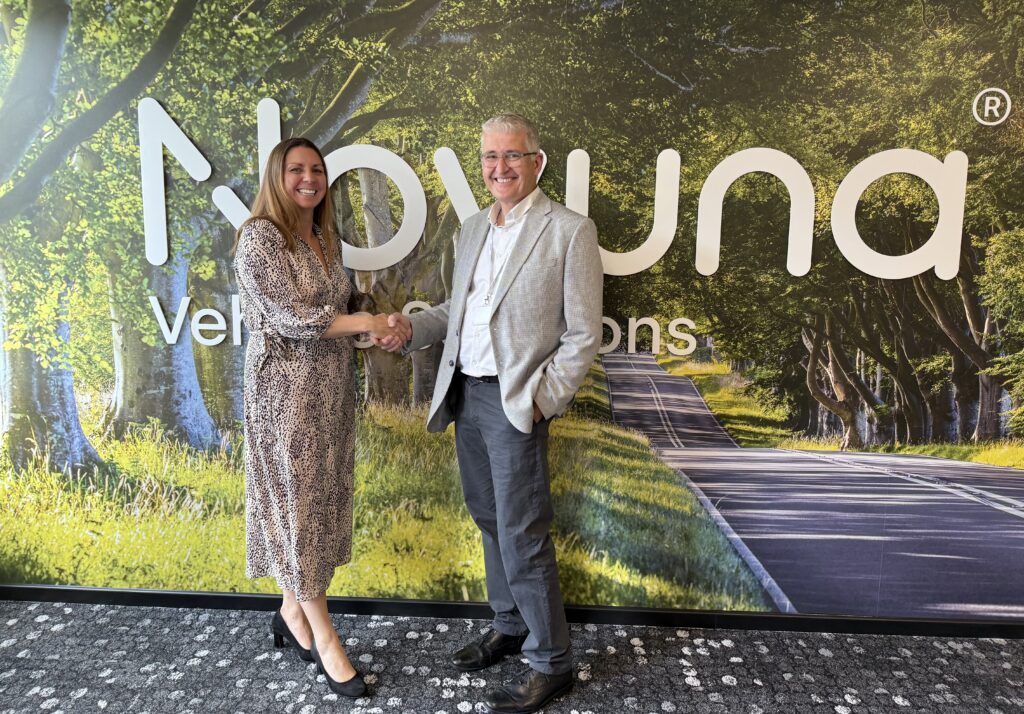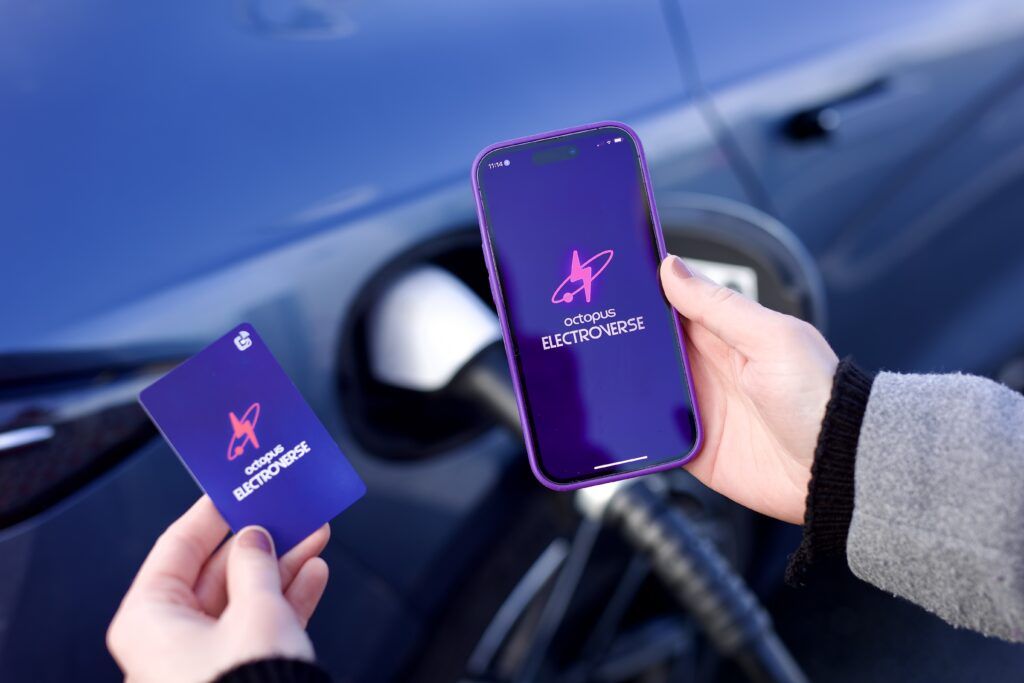A report published by the International Energy Agency (IEA) highlights growing momentum across key sectors, including a doubling of electric vehicle (EV) sales in 2021 and a forecast 8% increase in global renewable capacity in 2022 – but says more must be done to accelerate climate progress.
The organisation’s first annual Breakthrough Agenda Report, requested by 45 world leaders, delivers a progress report on the actions needed to deliver on the historic clean technology commitment by governments representing two-thirds of the global economy. The Breakthrough Agenda, as the commitment is known, aims to align countries’ actions and coordinate investment to scale up deployment and drive down costs across five key sectors including – power, road transport, steel, hydrogen and agriculture.
Together, these sectors account for nearly 60% of global greenhouse gas (GHG) emissions today and could deliver the bulk of the emission reductions needed by 2030 in a pathway that would make a significant contribution to limiting global warming to a maximum of 1.5°C, in line with the Paris Agreement goals.
The report notes an increase in practical international cooperation in recent years, and progress in deploying the technologies needed, including:
- A doubling of EVs sales in 2021 from the previous year, to a new record of 6.6 million
- A forecast increase in global renewable capacity of 8% in 2022 – pushing through the 300GW mark for the first time and equivalent to powering approximately 225 million homes
- Forecast global electricity generation cost reduction of at least USD 55 billion in 2022, based on new renewable capacity added in 2021
However, the report also warns that far greater international cooperation is needed to get the world on track to meet its climate commitments.
IEA Executive Director Fatih Birol said: “We are in the midst of the first truly global energy crisis, with devastating knock-on consequences across the world economy, especially in developing countries. Only by speeding up the transition to clean sustainable energy can we achieve lasting energy security. Through international collaboration, we can make the transition quicker, cheaper and easier for everyone – on the back of faster innovation, greater economies of scale, bigger incentives to invest, level playing fields and benefits that are shared across all parts of society. Without this collaboration, the transition to net zero emissions will be much more challenging and could be delayed by decades.”
Francesco La Camera, Director-General of IRENA, adds: “The energy and climate crisis has exposed the weaknesses and vulnerabilities of a system heavily reliant on fuels of the 20th century. Anything short of radical and immediate action will ultimately eliminate the chance of staying on the 1.5°C path. The Breakthrough Agenda and our joint report sends a strong signal ahead of COP27 that greater international collaboration can amplify ambition and accelerate progress. Advancing the transition to renewables is a strategic choice to bring affordable energy, jobs, economic growth and a cleaner environment to the people on the ground.”
The report puts forward 25 recommendations for leaders to discuss at the Global Clean Energy Action Forum and the 13th Clean Energy Ministerial to be held in Pittsburgh, United States, from 21-23 September 2022.
Recommendations include:
- Agree a common definition and target dates by which all new road vehicles will be net zero, targeting 2035 for cars and vans and the 2040s for heavy duty vehicles‘.
- Mobilise investment in charging infrastructure, including prioritised assistance for developing countries and harmonise international charging standards to drive investment and accelerate adoption globally
- Demonstrate and test flexible low-carbon power systems to expand the range of solutions and increase the share of variable renewables
- Create new cross-border supergrids this decade to increase trade in low-carbon power, reduce emissions, improve energy security and enhance system flexibility
The report highlights that in addition to delivering urgent emissions reductions, stronger collaboration will both deliver a faster and a cheaper transition, while boosting jobs growth. Research from the IEA shows that without international collaboration, the transition to net zero global emissions could be delayed by decades. While new research cited by the report shows that some technology costs may decline by as much as 18% by 2030. And IRENA estimates cited by the report suggest an energy transition aligned with limiting global temperature increase to 1.5°C could create close to 85 million additional jobs by 2030 compared to 2019, more than offsetting losses of 12 million jobs.
“This report highlights the need to ensure affordable access to clean and green sources of energy for all. This is also a strong reminder on the need for a focus on implementation, which must be the priority at the national, regional and local level, in order to have the necessary impact globally as well as the need for mobilization of appropriate finance,” said Dr Mahmoud Mohieldin, UN Climate Change High-Level Champion for Egypt.
“Countries with the thousands of non-state actors running the Race to Zero and Race to Resilience must collaborate more strongly to drive forward the transition to affordable zero emission solutions in each emitting sector of the economy,” said Nigel Topping, UN Climate Change High-Level Champion for the UK. “This is as essential for development as it is for avoiding dangerous climate change. Clear steps must be taken at COP27 to implement the Breakthrough Agenda commitment to collective action that makes clean technologies affordable and available to all who need them throughout the world.”
Image courtesy of Shutterstock.




